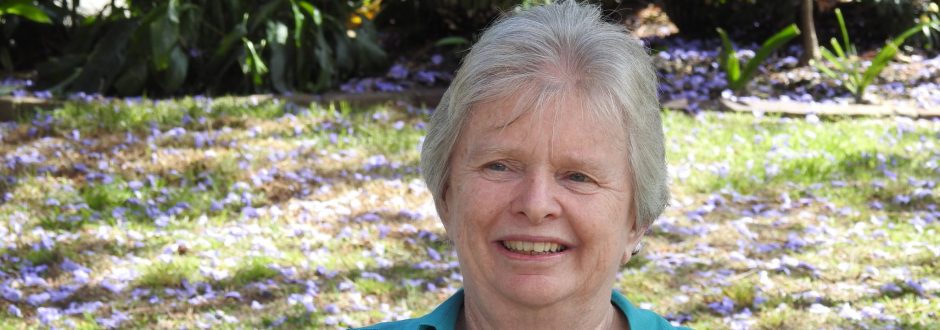Is it not time for the resurgence of true humilitas in the world of business, sport, politics and the Church, asks Good Samaritan Sister Clare Condon.
BY Clare Condon SGS
Reading The Sydney Morning Herald on Friday (October 7, 2011), I was struck by an article by John Dickson, a senior research fellow of the Department of Ancient History at Macquarie University, and author of Humilitas: Lost Key to Life, Love and Leadership.
In his article, Dickson said he has ”waded in the ancient literature on ethics, persuasion and leadership for more than a decade and, more recently, dipped [his] toe into the impressive modern literature on leadership”. For Dickson, “one thing is dazzlingly clear”, “the most influential leadership is character-driven. People follow those whose leadership they truly trust”.
Dickson’s article began with a brief reflection on the reality of Australian politics at the moment. Such humilitas is not easily perceived in the rhetoric and reporting on the drive for power and control between the major political players.
I found Dickson’s article refreshing because he emphasised that people watch leaders’ lives, not just listen to their words. I had just come from a week of reflection, planning and setting directions at my congregation’s six yearly meeting of members. As a congregation for whom the fifth century Rule of St Benedict is foundational, and includes a lengthy chapter on humilitas, Dickson’s introduction of essential humility as a characteristic of leadership led me back to the values and principles taught by Benedict.
Recent centuries have distorted the true meaning of humility. It seems to have been rejected as a value on which to found one’s life and seen as demeaning and depriving people of self-esteem and value. Arrogance has assumed a greater value; now self-interest can be a driving motivation with an emphasis on getting ahead at the expense of others.
On the contrary, true humility is about knowing one’s place in the universe, one’s relationship with other humans, but also with creation. Such humility has a sense of ‘the other’ and eternal; that God does exist and that our knowledge of the universe is very limited and localised. There is a mystery to life which goes beyond us and our meagre understandings. In such a framework, one is open to the new and the strange; one is open to learning and being surprised. Life is an adventure into the unknown and the knowledge that such an experience is full of potential.
In seeking the reality of God in one’s life, one doesn’t get ahead of oneself, but is forever sensitive to the unexpected and untried. This was my experience at our congregation’s gathering. Here was a group of women alive to the mystery of life and ready to respond with eagerness and great trust in a loving God.
Benedictine Sister, Joan Chittister, a prolific writer and commentator on the Rule of St Benedict, sums up Benedict’s understanding of humility when she says:
“True humility is simply a measure of the self that is taken without exaggerated approval or exaggerated guilt. Humility is the ability to know ourselves as God knows us and to know that it is the little we are that is precisely our claim on God. Humility is, then, the foundation for our relationship with God, our connectedness to others, our acceptance of ourselves, our way of using the goods of the earth and even our way of walking through the world, without arrogance, without domination, without scorn, without put-downs, without disdain, without self-centeredness. The more we know ourselves, the gentler we will be with others.”
Is it not time for the resurgence of true humilitas in our broader world of business, sport, politics and the Church?
